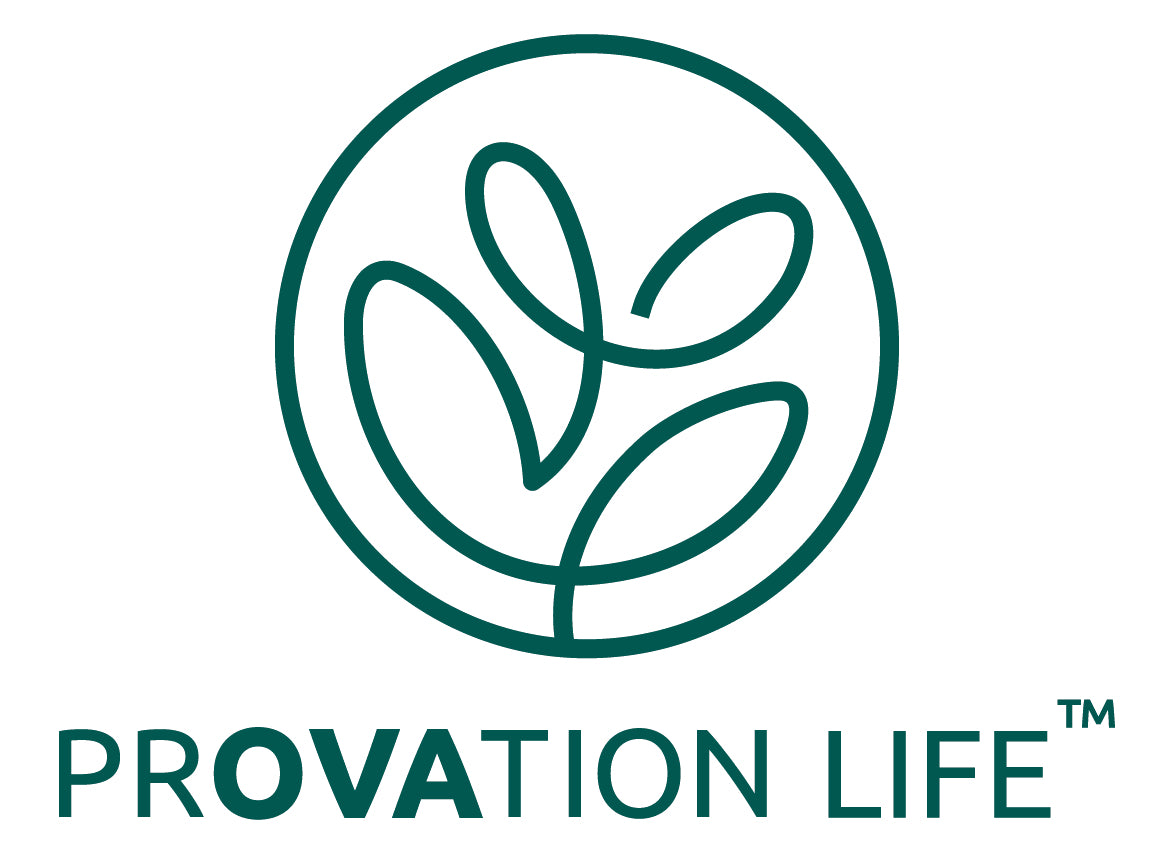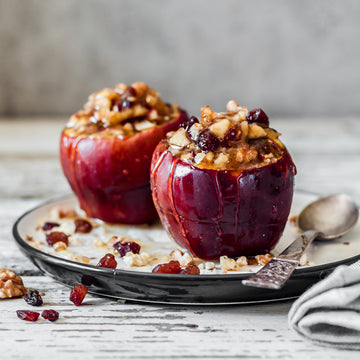As parents, it's challenging to watch your child go through health issues, particularly those as complex as Polycystic Ovary Syndrome (PCOS). Commonly diagnosed in women of reproductive age, PCOS can also affect adolescent girls, significantly impacting their physical and emotional health. This guide aims to help you understand PCOS in adolescents and how you can support your daughter through this journey.
What is PCOS?
PCOS is a hormonal disorder that affects approximately 6-12% of women and girls of reproductive age. It's characterized by a combination of symptoms such as irregular menstrual cycles, excess androgen levels (male hormones), and polycystic ovaries.
Signs and Symptoms in Adolescents
In adolescents, PCOS symptoms can be somewhat different and may include:
- Irregular Periods: This is often the first sign. Your daughter might have fewer than nine periods a year or long gaps between periods.
- Excessive Hair Growth: Excess hair on the face, chest, or back (hirsutism) can be a sign of elevated androgen levels.
- Acne and Skin Issues: Persistent acne that doesn’t respond to typical treatments can be a symptom.
- Weight Gain and Difficulty Losing Weight: Many girls with PCOS may experience weight gain or find it hard to lose weight.
Diagnosis of PCOS in Adolescents
Diagnosing PCOS in adolescents can be tricky as many of the symptoms mimic typical teenage hormonal changes. If you suspect your daughter has PCOS, consult a pediatric endocrinologist or a gynecologist who specializes in adolescent health. Diagnosis typically involves:
- Medical History Review
- Physical Examination
- Blood Tests to check hormone levels
- Ultrasound to examine the ovaries (though cysts may not always be present in adolescents)
Managing PCOS in Adolescents
Lifestyle Changes
Healthy lifestyle choices are a cornerstone in managing PCOS. Encourage your daughter to:
- Maintain a Healthy Diet: A balanced diet rich in whole foods, lean proteins, and vegetables can help manage symptoms.
- Regular Exercise: Regular physical activity helps in weight management and insulin resistance.
- Adequate Sleep: Ensuring enough sleep is vital for hormonal balance.
Medical Treatment
- Hormonal Birth Control: Often prescribed to regulate menstrual cycles and reduce androgen levels.
- Medication for Insulin Resistance: If insulin resistance is a concern, medications like metformin may be recommended.
Emotional Support and Mental Health
PCOS can take a toll on a young girl's self-esteem and mental health.
- Open Communication: Keep the lines of communication open. Encourage your daughter to express her feelings and concerns.
- Professional Counseling: Consider counseling if she shows signs of depression or anxiety.
- Support Groups: Connecting with others facing similar challenges can be beneficial.
Navigating the Path Ahead
While PCOS is a lifelong condition, with proper management, its symptoms can be significantly reduced. As a parent, your understanding, patience, and support play a crucial role in helping your daughter cope with PCOS.
Remember, every girl’s experience with PCOS is unique, and what works for one may not work for another. It's essential to work closely with healthcare providers to find the best management plan for your daughter.
Conclusion
Navigating PCOS during adolescence can be challenging, but with the right knowledge, support, and medical care, your daughter can lead a healthy, fulfilling life. Encourage her to embrace her journey with confidence, knowing that she is not alone in this.
Related articles:












